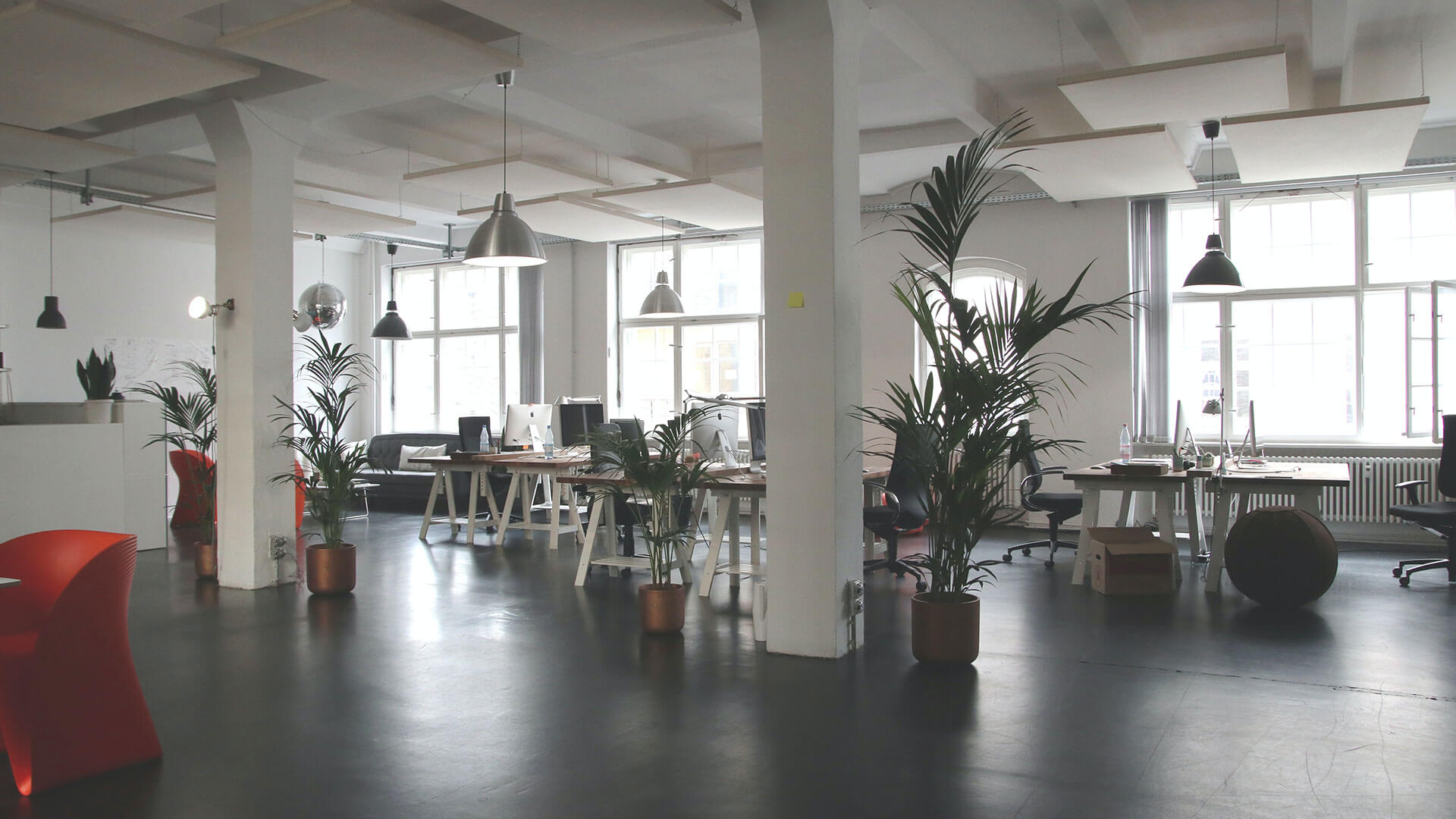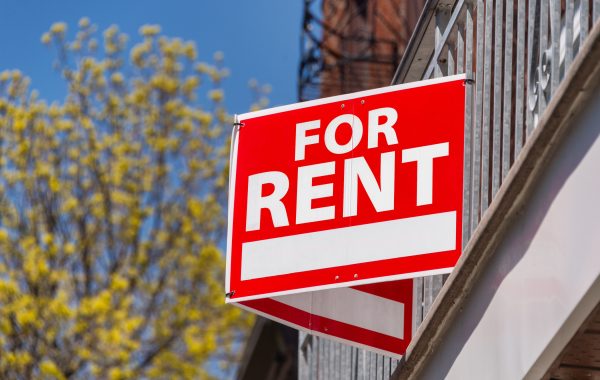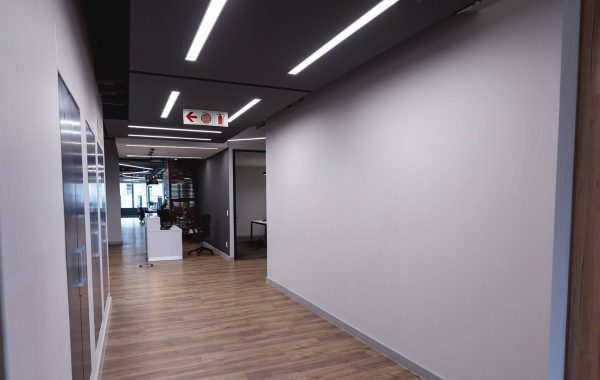
What Impacts Indoor Air Quality?
What is indoor air quality and why is it important? According to ASHRAE:
“Good IAQ (indoor air quality) is achieved by providing air in occupied spaces in which there are no known or expected contaminants at concentrations likely to be harmful and no conditions that are likely to be associated with occupant health or comfort complaints and air with which virtually no occupants express dissatisfaction.”
In other words, IAQ can impact the health and comfort of building occupants. The lower the IAQ, the more issues you can expect to encounter. These issues can include everything from mechanical system repairs and productivity losses to legal expenses and negative publicity.
This being said, it’s important to take steps to improve and maintain your indoor air quality. Here’s what you need to know about what affects indoor air quality and how to improve it.
What factors impact indoor air quality?
There are a variety of everyday situations that can negatively impact indoor air quality. These situations include but are not limited to:
- Seasonal contaminants: When the outside temperatures increase, humidity tends to increase, as well. This can lead to pollen, mold, and dust creeping indoors (especially true during harvest season). This is different from colder months… when dry air tends to lead to an increase in the cold and flu.
- Regional contaminants: Geographical environmental issues such as smog and smoke from wildfires can also negatively impact IAQ.
- On-site conditions: Manufacturing and other processes handled on-site can result in harmful fumes or odors.
- Inadequate ventilation: Poorly ventilated buildings can result in the build-up of CO2. High levels of CO2 can actually result in nausea, dizziness, fatigue, and headaches. In extreme cases, CO2 build-up can result in the loss of consciousness.
- Other indoor air contaminants: Other issues that can lead to inadequate indoor air quality can include a dirty HVAC system, cleaning material, maintenance processes, human activities (ex. smoking, body odor, etc), dirty/dusty areas, pesticides, water damage, and more.
All of these situations can create less than ideal working conditions for building occupants. Not only can it result in the loss of productivity and an increase in sick days, but it can have an impact on the health and safety of your occupants, as well. In the process, your business will suffer financially.
Using MERV filtration to improve IAQ
There are a handful of ways to improve indoor air quality. One of the most popular methods right now is leveraging MERV (minimum efficiency reporting values) filtration, which refers to the smallest particle size a filter can effectively capture.
The higher the MERV rating, the smaller the particle the filter can capture; however, not all equipment is capable of handling a high MERV rating. This is important to remember since MERV 7-8 is a standard for typical commercial and industrial facilities — yet, MERV 13 is recommended for COVID protection.
In most cases, you can’t just replace your standard filter with a high-rated MERV filter. This is especially true if your filter may be contaminated with viruses or other harmful particles. You should work with a licensed HVAC professional who can fit and seal your system for the MERV filter and safely remove your old filter.
Other ways to improve indoor air quality
Aside from relying on MERV filtration, there are other ways we rely on to improve the indoor air quality for our clients. These methods can include:
- Needlepoint Bipolar Ionization: NPBI is a technology designed to attack unwanted particles in the air — including everything from smoke and viruses to mold and dander.
- Spring HVAC Maintenance: Routine cleaning and maintenance to the most crucial components of your HVAC system can help your building avoid the unnecessary build-up of dust, debris, and more and help you keep your system functional in the process.
- Summer HVAC Prep: When hotter months are on the horizon, it’s important to make sure your HVAC system can handle the increase in temperature and avoid IAQ issues that stem from increased humidity.
- Green Building Trends: Modern green building trends include technology and measures that make it easier and more manageable to improve indoor air quality.
- Proactive Maintenance: A licensed HVAC professional can provide regular maintenance and upkeep for your HVAC system, keeping it clean and functional in the process.
Need help improving your IAQ?
At BMI Mechanical, we have decades of combined experience providing preventative maintenance for companies all across California. Our technicians and associates know what it takes to create, customize, and implement a proactive solution that improves and maintains indoor air.
If you want to learn more about how this process works, send us a message today.




